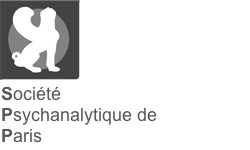|
Résumé :
|
Jan Frank (1902-1985) was one of these psychoanalysts who, because of his Jewish origin, left Czechoslowakia in 1939 to save his life before the German occupation. He survived the war in Great Britain, but only developed his psychoanalytic career in the USA. In addition to being a psychoanalyst, he never stopped being a psychiatrist and also a neurologist. He was not afraid to spread unconventional views on the concpet of clinical psychoanalysis in his time. From the very beginning, he was one of the few analysts who were convinced that the so-called standard technique of the time in terms of Ego-psychology was not suitable for all patients, especially not for so-called outpatient psychoses and severe personality disorders. Frank was convinced that analytic work with them required modification of the technique and its individualization. In the 1950s his views were not completely accepted (both Eissler and Hartmann appreciated Frank's originality, but took his approach to working with difficult patients with a grain of salt). Frank was convinced that even the application of standard techniques shoud not be sterile, but humanized, empathic. He was convinced that the occasional use of educational and supportive interventions, when necessary, should belong to the analytic technique. Frank did not publish much, but enjoyed critical discussions with colleagues over their analytic topics. Frank was one of America's ego analysts, educated as a physician, with a great insight into litterature and art, which he exploited in the form of diverse metaphors in his psychoanalytic thinking.
|




